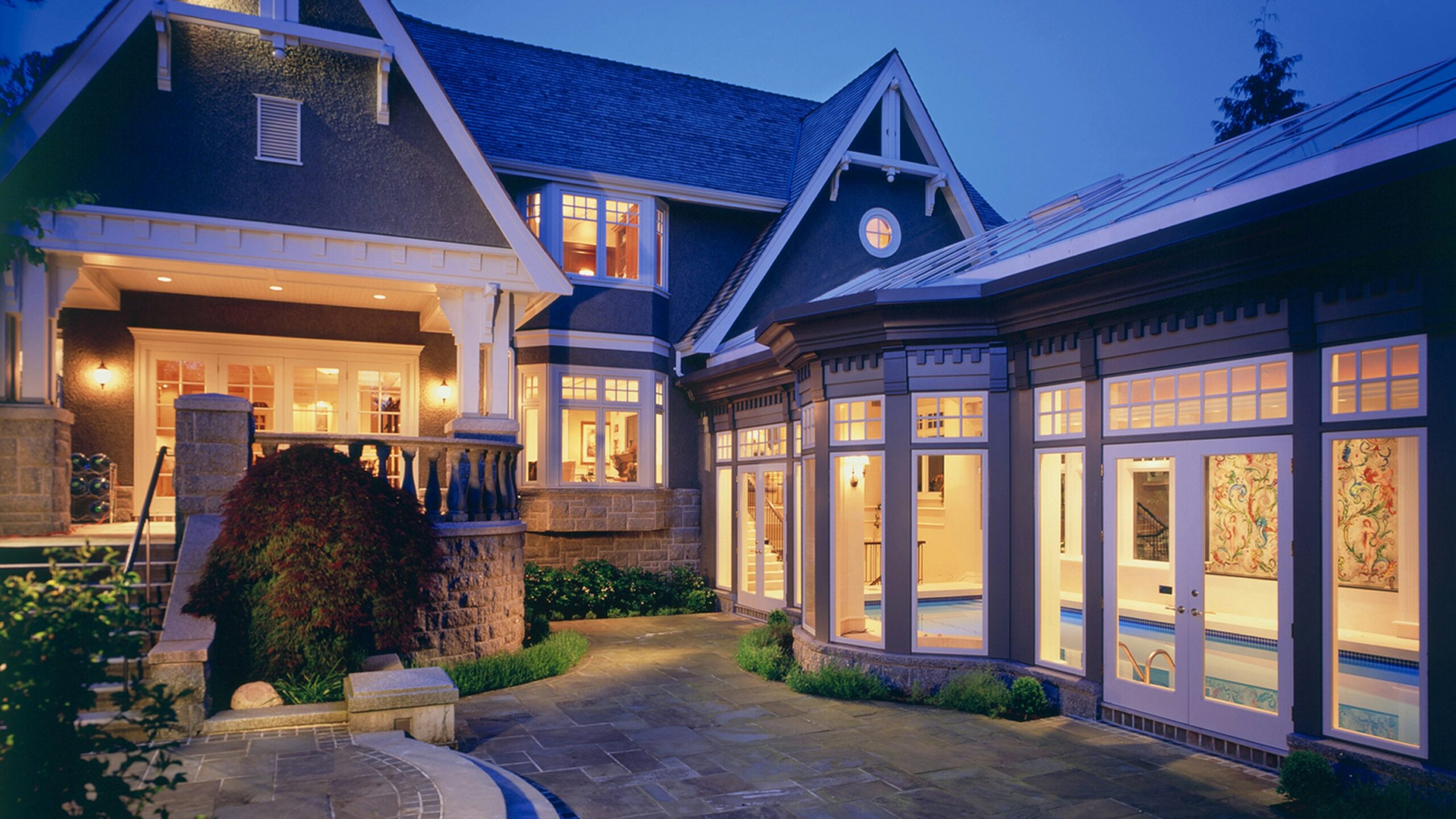
The real estate industry is undergoing rapid change, primarily driven by evolving consumer preferences, technological advancements, and shifting market dynamics. From the rise of smart homes to sustainable living, today’s buyers and sellers are embracing new trends that are reshaping the housing market. As demand continues to evolve, real estate professionals and homeowners alike must stay ahead of these changes to remain competitive and relevant.
Smart Homes Lead the Way
In recent years, smart home technology has emerged as one of the most significant forces in the real estate industry. Homebuyers increasingly prioritize convenience, safety, and energy efficiency, and smart devices deliver on all fronts. From voice-controlled assistants to automated lighting and security systems, these features add both functionality and long-term value to properties.
Moreover, smart homes appeal to multiple generations of buyers, especially tech-savvy millennials and Gen Z, who expect connected living as the norm. Sellers who invest in smart upgrades often enjoy higher property values and quicker sales. As technology continues to advance, the demand for these modern conveniences will only grow, making smart homes a lasting trend in the market.
Sustainability Becomes a Priority
Alongside innovative technology, sustainability has become a key trend in the real estate sector. Buyers are increasingly drawn to energy-efficient homes equipped with solar panels, eco-friendly insulation, and low-flow fixtures. These features not only reduce environmental impact but also lower long-term utility costs, making them highly attractive.
Additionally, green certifications such as LEED (Leadership in Energy and Environmental Design) or Energy Star enhance a property’s credibility in the market. As climate concerns rise, real estate developers are integrating sustainable design into new construction, ensuring that environmentally conscious buyers find properties that align with their values.
Remote Work Shapes Housing Choices
The rise of remote and hybrid work has dramatically shifted housing preferences. Many buyers now prioritize homes with dedicated office spaces, strong internet connectivity, and flexible layouts to accommodate working from home. This shift has also fueled demand in suburban and rural areas, as people seek larger, more affordable spaces outside crowded cities.
At the same time, urban areas are adjusting to these changes by offering co-working spaces and more versatile apartment layouts. As remote work becomes a permanent fixture in many industries, real estate will continue to adapt, creating opportunities for properties that support a balance between professional and personal life.
Demand for Wellness-Oriented Homes
Health and wellness have also emerged as influential drivers in real estate trends. Today’s buyers seek homes designed to enhance physical and mental well-being, with features such as natural lighting, outdoor spaces, and air purification systems. This trend reflects a broader societal shift toward prioritizing lifestyle and self-care within the home environment.
Furthermore, communities offering access to fitness centers, walking trails, and green spaces are becoming increasingly popular. Developers recognize that wellness is more than a luxury; it’s a necessity for many buyers. Consequently, properties that cater to these needs gain a competitive edge in the market.
Urban Redevelopment and Mixed-Use Spaces
Urban landscapes are also evolving, with redevelopment projects and mixed-use spaces gaining momentum. Cities are revitalizing older neighborhoods by integrating residential, commercial, and recreational facilities into single developments. These areas offer convenience, foster social interaction, and promote economic growth.
As a result, mixed-use communities are attracting young professionals, families, and retirees alike. With access to shops, dining, and entertainment steps away, residents enjoy a more connected and efficient lifestyle. This trend underscores the growing significance of convenience and community in contemporary housing decisions.
The Rise of Short-Term Rentals and Investment Properties
Ultimately, the growing popularity of short-term rental platforms has significantly reshaped investment strategies in the real estate sector. Many buyers now view properties as both personal residences and income-generating opportunities. This dual-purpose mindset has expanded demand for homes in tourist-friendly areas or locations with strong rental markets.
However, this trend has also prompted new regulations as cities seek to balance local housing needs with investor demand. Still, investment properties remain a top trend, offering buyers the chance to build wealth while enjoying personal use of their homes. As rental markets evolve, savvy investors will continue to find opportunities in this space.
The real estate industry is transforming, driven by shifts in technology, sustainability, wellness, and lifestyle. Smart homes, eco-friendly designs, and flexible living arrangements are no longer just add-ons; they are essential features that define the modern market. As trends continue to evolve, buyers, sellers, and developers must remain adaptable to thrive in an increasingly dynamic industry.